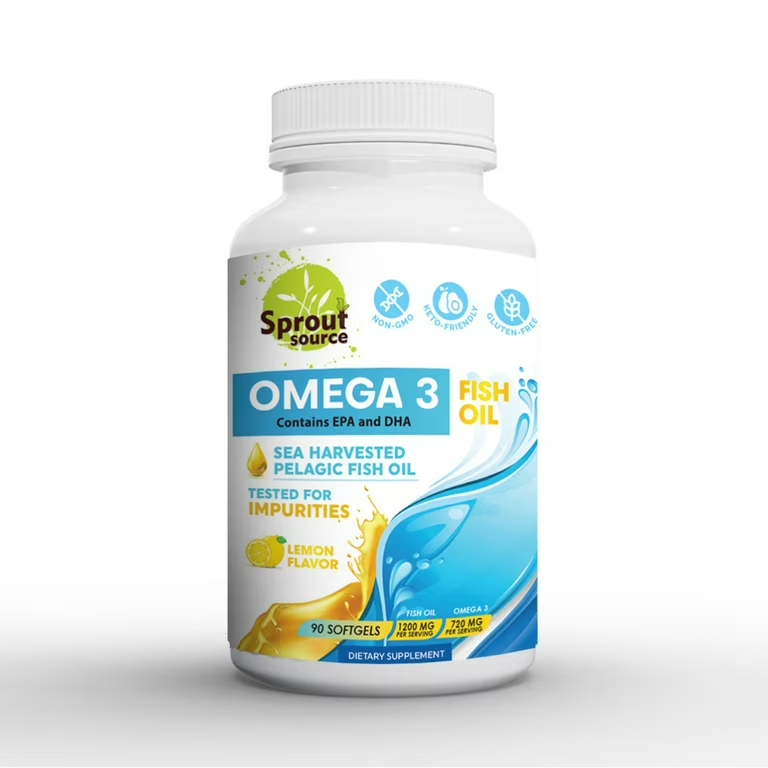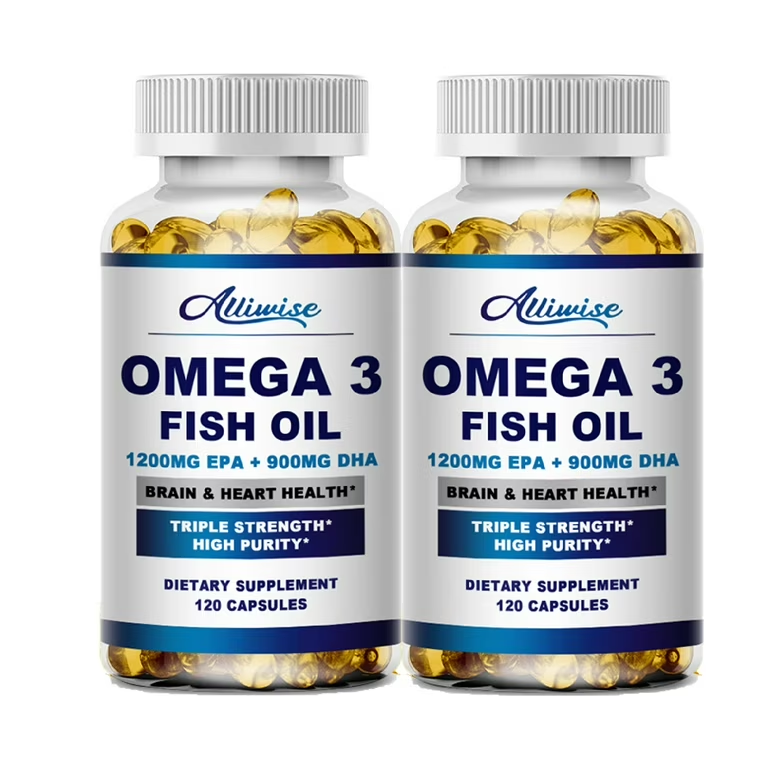
Fish Oil for Cholesterol: What You Need to Know
Fish Oil for Cholesterol: A Comprehensive Guide
Fish oil has garnered attention for its potential health benefits, especially regarding cholesterol levels. Many individuals seek natural remedies to manage their cholesterol levels. Fish oil, rich in omega-3 fatty acids, may play a vital role in this pursuit. This blog explores the relationship between fish oil and cholesterol. It also examines its benefits, uses, and recommendations.
Understanding Cholesterol
Cholesterol is a waxy substance found in the bloodstream. The body requires cholesterol for various functions, including building cells and producing hormones. However, an imbalance can lead to health problems. LDL (low-density lipoprotein) is known as “bad cholesterol,” while HDL (high-density lipoprotein) is termed “good cholesterol.” High levels of LDL can result in plaque buildup in arteries. Conversely, higher levels of HDL help remove LDL from the bloodstream.
The balance between these two types of cholesterol is essential for overall health. A high LDL level increases the risk of heart disease. It can lead to heart attacks and strokes. Therefore, managing cholesterol levels becomes crucial for maintaining cardiovascular health. Regular check-ups can help monitor these levels and guide dietary and lifestyle changes.
A diet rich in unhealthy fats can contribute to high LDL levels. Processing and frying foods often contain trans fats. These fats can increase bad cholesterol while simultaneously lowering good cholesterol. Thus, understanding dietary choices is essential in cholesterol management. Incorporating healthy fats, especially omega-3 fatty acids, can be beneficial.
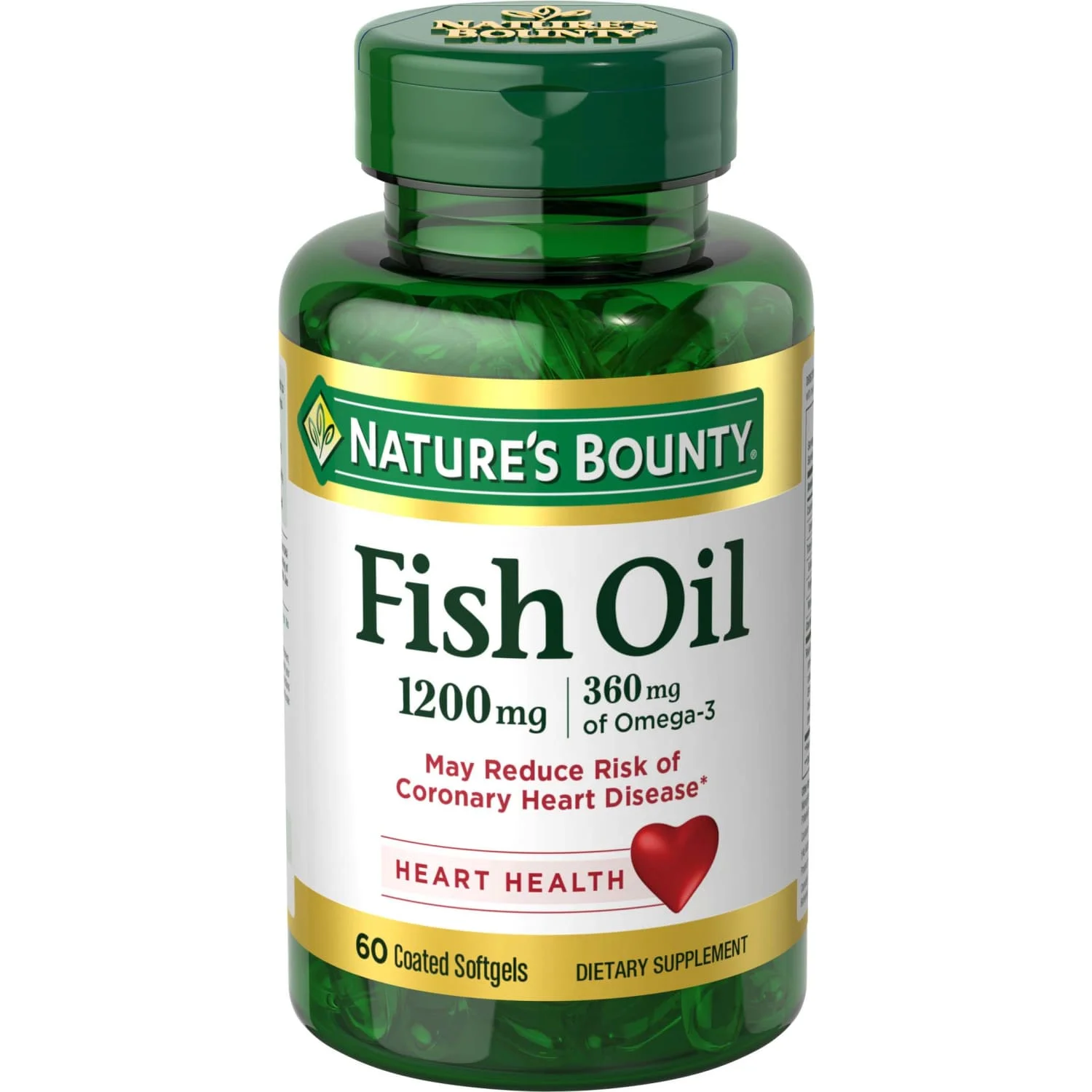
What is Fish Oil?
Fish oil comes from the tissues of fatty fish such as salmon, mackerel, and sardines. It is rich in omega-3 fatty acids, crucial for many bodily functions. Two primary types of omega-3s found in fish oil are EPA (eicosapentaenoic acid) and DHA (docosahexaenoic acid). These fatty acids have anti-inflammatory properties and can support heart health. Many people consume fish oil as a supplement or in its natural form.
Fish oil is renowned for its ability to improve various health aspects. Regular consumption may help lower triglycerides, a type of fat found in the blood. Elevated triglycerides can further contribute to heart disease risk. The beneficial effects of fish oil have led to its recommendation by many healthcare professionals.
It is essential to note that not all omega-3 sources are created equal. Therefore, it’s crucial to differentiate between plant-based omega-3s, such as ALA (alpha-linolenic acid) from flaxseeds, and EPA/DHA found in fish oil. Although plant-based omega-3s can offer benefits, they do not provide the same levels of EPA and DHA. Therefore, incorporating fish oil into the diet may provide more significant advantages.
How Fish Oil Affects Cholesterol Levels
Research has shown that fish oil may influence cholesterol levels positively. Omega-3 fatty acids can lower triglyceride levels significantly. High triglyceride levels are often associated with increased cholesterol levels, which can lead to cardiovascular problems. By reducing triglycerides, fish oil helps maintain a better overall cholesterol profile.
Furthermore, studies indicate that fish oil can increase HDL cholesterol levels. Higher HDL cholesterol levels contribute to better cardiovascular health. This increase in “good” cholesterol may help remove “bad” cholesterol from the bloodstream. In turn, this process can lead to improved heart health and reduced risk of cardiovascular diseases.
Moreover, the anti-inflammatory properties of omega-3s can help protect against arterial damage. Inflammation plays a significant role in the development of heart disease. Thus, incorporating fish oil into the diet may also address inflammation-related issues. By managing inflammation, fish oil helps promote healthy arteries and overall heart function.
In addition, some researchers highlight that fish oil may help stabilize plaque deposits in arteries. Unstable plaque can rupture and lead to heart attacks. Therefore, maintaining a stable plaque composition is essential for heart health. Incorporating fish oil in the diet adds a layer of protective benefits. By addressing various aspects of cardiovascular health, fish oil emerges as a potentially effective supplement for cholesterol management.
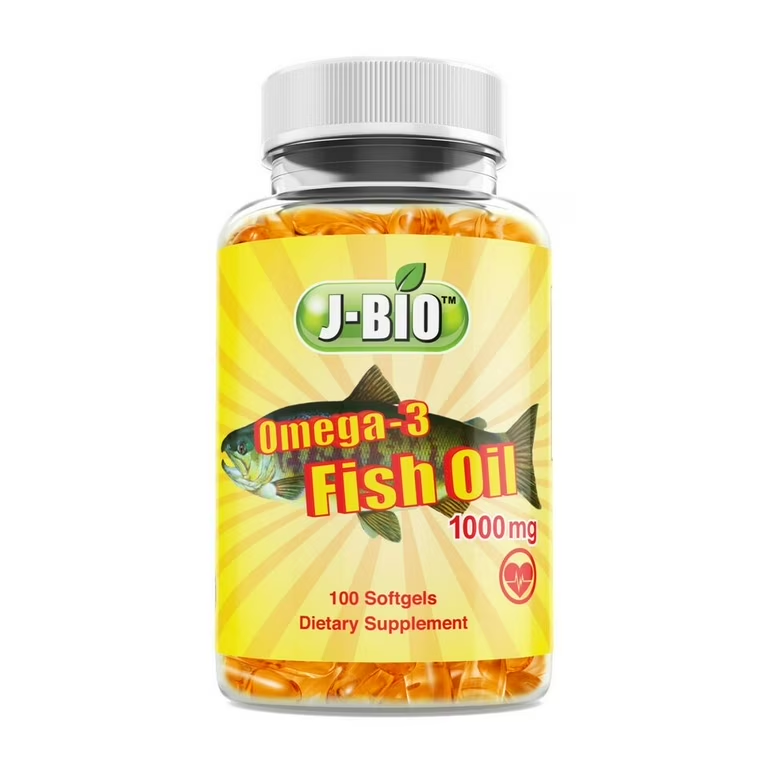
Recommended Dosage of Fish Oil
Determining the appropriate dosage of fish oil is crucial for maximizing its benefits. The American Heart Association recommends consuming fatty fish at least twice a week. This dietary approach ensures sufficient intake of omega-3 fatty acids. However, if supplements are chosen, specific guidelines should be followed.
Generally, a daily dosage of 1,000 to 4,000 mg of fish oil is considered safe for most individuals. For managing triglyceride levels, higher doses may be necessary. These doses can significantly reduce triglycerides over time. However, consulting a healthcare professional before starting high-dose fish oil is essential.
Keep in mind that the quality of fish oil supplements varies. Choosing products that are third-party tested can ensure purity and potency. Therefore, individuals should look for certifications on labels when selecting supplements. Additionally, individuals taking blood thinners should exercise caution. Fish oil can potentially enhance the effects of anticoagulant medication.
Monitoring cholesterol levels during fish oil supplementation is also vital. Regular check-ups can provide insight into how the body responds to the supplement. Adjustments can be made based on individual health needs. Consistency in dosage is key to achieving optimal results, so maintaining a routine can be beneficial.
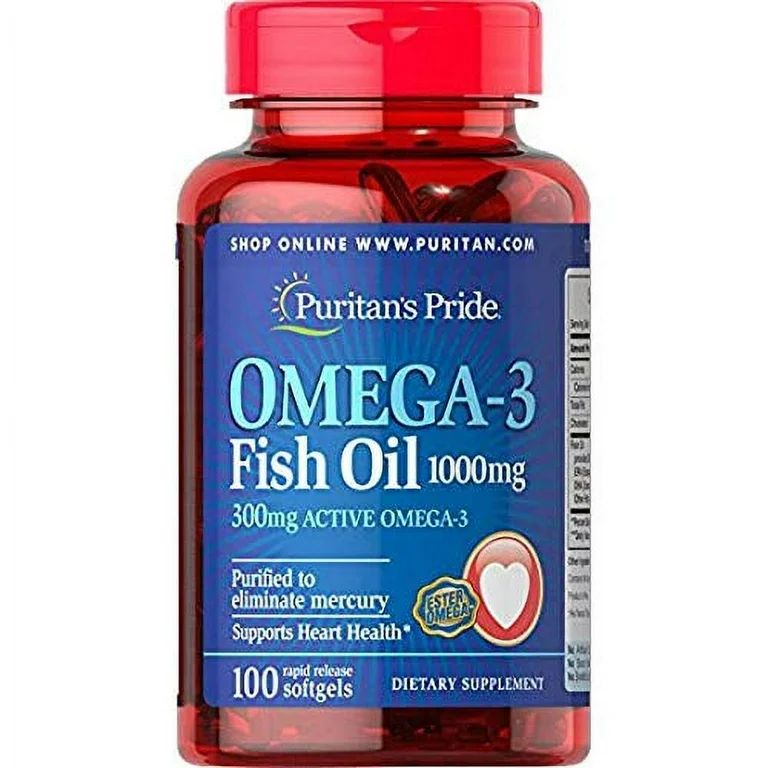
Potential Side Effects and Considerations
Like any supplement, fish oil may have potential side effects. Common side effects include fishy aftertaste, nausea, and diarrhea. These symptoms can occur, especially when starting high doses. Gradually increasing the dosage may help minimize these effects.
Allergic reactions are rare, but individuals should remain vigilant. Those with fish allergies should avoid fish oil supplements. Additionally, it is essential to consult a healthcare professional before starting any new supplement regimen. This step ensures safety and efficacy, especially for individuals with pre-existing health conditions.
Moreover, fish oil may interact with certain medications. For instance, it can enhance the effects of blood thinners, which can lead to excessive bleeding. Healthcare providers will provide guidance on the best course of action for individuals taking such medications.
Pregnant and breastfeeding individuals should also consult a doctor before using fish oil. While omega-3 fatty acids are generally considered beneficial during pregnancy, appropriate dosages must be established. Safety for both the mother and baby is paramount when considering supplements. Overall, individuals must weigh the potential benefits against any concerns related to fish oil use.
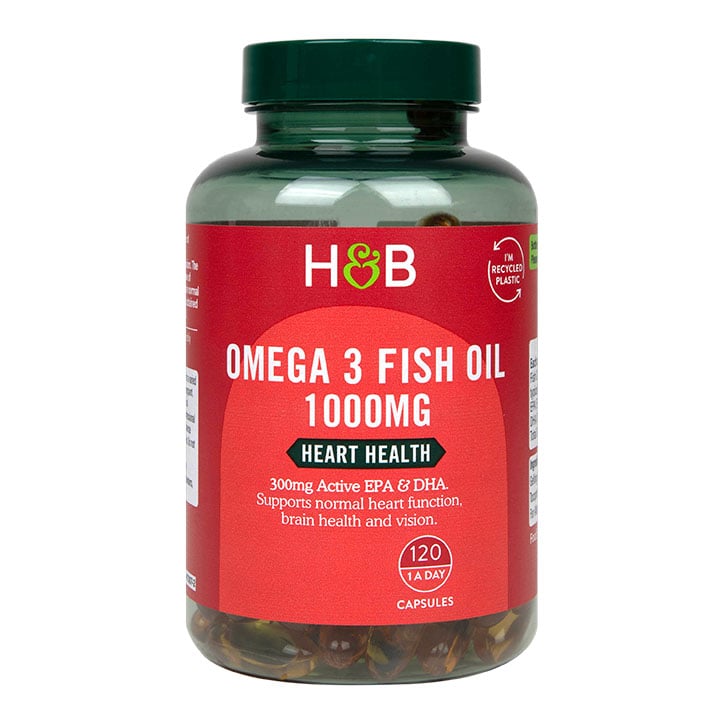
Other Sources of Omega-3 Fatty Acids
While fish oil is a popular source of omega-3 fatty acids, it is not the only one. Various plant-based options are available, although the type of omega-3s differs. ALA is the primary omega-3 found in flaxseeds, chia seeds, and walnuts. Individuals who prefer not to consume fish can still obtain omega-3s through these sources.
However, the conversion of ALA to EPA and DHA in the body is limited. Therefore, vegans and vegetarians may consider algae-based supplements. Alga oil contains both EPA and DHA, offering an alternative to traditional fish oil. This option provides the same types of omega-3 fatty acids without concerns regarding fish allergies or sustainability.
Furthermore, incorporating omega-3-rich foods into a diet can improve overall health. Examples include walnuts, flaxseeds, hemp seeds, and chia seeds. These foods can easily fit into meals and snacks. Additionally, various vegetable oils, such as flaxseed oil or hemp oil, can be utilized in cooking.
Complementing these sources with healthy fats—such as olive oil and avocados—promotes heart health. Balancing omega-3 intake and maintaining a healthy diet are essential components of managing cholesterol. By exploring various sources of omega-3s, individuals can diversify their diets while still supporting their health goals.

Conclusion: The Power of Fish Oil in Cholesterol Management
Incorporating fish oil into a diet can yield numerous benefits. Its potential to lower triglycerides and increase HDL cholesterol levels supports heart health. Additionally, the anti-inflammatory properties of omega-3 fatty acids address concerns related to cholesterol and plaque buildup.
Understanding cholesterol management remains an important aspect of overall well-being. Regular check-ups and dietary considerations can minimize risks associated with high cholesterol. By adding fish oil and other omega-3 sources into daily routines, individuals can positively impact their cholesterol levels.
Always consult a healthcare professional before making significant dietary changes or starting supplements. Individual health needs vary, and professional guidance is indispensable for optimal safety and efficacy. Embracing a heart-healthy lifestyle encompasses various elements, including diet, exercise, and routine check-ups.
Ultimately, maintaining balanced cholesterol levels is a lifelong pursuit. By prioritizing heart health and making informed dietary choices, individuals can take proactive steps toward better cardiovascular wellness. Fish oil represents just one piece of the puzzle in the broader context of health management. Each individual’s journey to health can lead to a brighter future filled with vitality and well-being.
This extensive guide on fish oil for cholesterol outlines the importance of understanding both cholesterol management and dietary choices. Exploring the benefits of fish oil can empower individuals to take charge of their heart health.
